Zimbabwe
Zimbabwe, home to a quarter of Africa's elephants and one of the few growing populations of the large land mammal in the world, is trying to find allies to legalise the international trade in ivory, which has been banned for more than 30 years.
The country invited representatives of 15 countries to a conference on the subject this week in the Hwange reserve (west), the largest in the country, located on the border with Botswana and a success story in elephant protection.
Here, some 50,000 specimens share 14,600 km2 of vegetation. The nature park is as big as half of Belgium, but because large areas are needed to feed the pachyderms, the reserve is overpopulated.
This growth is leading to increasingly frequent incidents with humans: 60 people have been killed by elephants in the country so far this year and 72 the year before, according to the government. Elephants have taken to roaming off reserves. In January, a woman and her baby were trampled to death in the southeast.
Poachers
There are about 100,000 elephants in the country, nearly double the capacity of its parks, according to conservationists. Unlike other regions where poachers have wiped out the species mainly for ivory, Zimbabwe's population is growing by 5% a year. Southern African countries are home to 70% of the continent's elephants.
Some countries complain that they have to pay to secure huge stocks of ivory acquired through natural deaths or confiscations, arguing that their sale could finance conservation or the shipment of specimens to countries where the population is declining.
International trade in ivory has been banned since 1989 under the Convention on International Trade in Endangered Species of Wild Fauna and Flora (CITES). Exceptional sales were authorised in 1999 and 2008.
Economic crisis
"It is difficult to find a middle ground," Tourism and Environment Minister Mangaliso Ndhlovu said in a statement. Some local people are asking "why elephants are being prioritised over their own lives".
Last week, Zimbabwe asked European countries for support in selling its $600 million stockpiles. Three years ago, along with Botswana and Namibia, the country, which is in the throes of a severe economic crisis, had already requested a right to trade, but this request was rejected by CITES in Geneva.
The conference, which runs until Thursday, brings together pro-legalization countries like China and Japan, where ivory is highly prized. The Seychelles and Madagascar, which have no elephants on their territory, are also represented. Kenya and Tanzania, on the other hand, were not invited because of concerns that such a measure would encourage poaching.
Endangered species
Around 50 organisations fighting the international ivory trade signed a statement condemning any move that would undermine the protection of a species that is on the brink of extinction in some parts of the world.
"The conference sends a dangerous signal to poachers and criminal organisations that elephants are commodities and that the ivory trade could resume, thereby increasing the threat to the species," they warned.



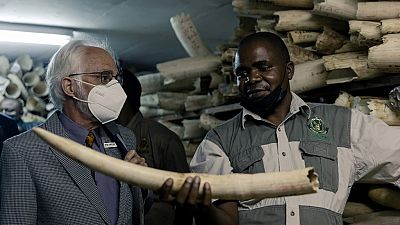

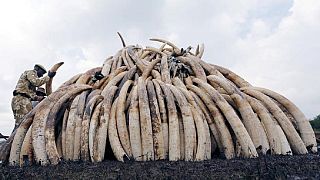
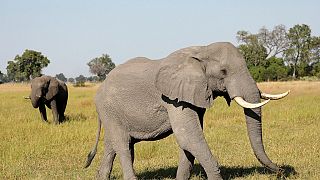
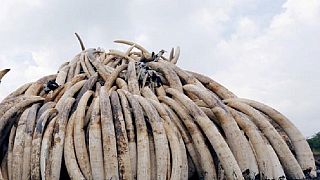


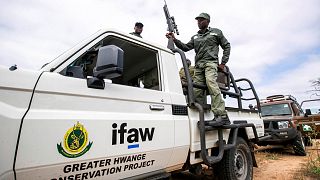



01:00
Animal shelters in the US use live music to soothe anxious pets
02:14
Scientists find way to identify elephant ivory disguised as legal mammoth ivory
02:01
Raptor rehab: Moroccan facility rescues birds of prey and prepares them to return to the wild
Go to video
China establishes new global mediation organization in Hong Kong to boost international presence
Go to video
South African town wakes up to elephant seal hobbling down its streets
01:01
AfDB downgrades Africa growth outlook but sees signs of resilience